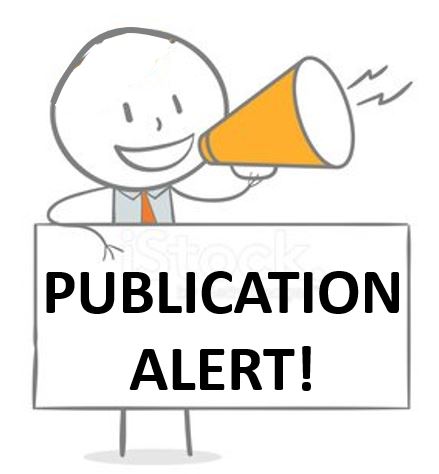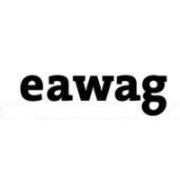The GEO AquaWatch Early Career Society is seeking partners to support us with resources and funding for an innovation event (Hackathon).
The innovative bootcamp Hackathon is designed to empower early career scientists in tackling water quality challenges using Earth observation data and innovative technologies. Participants will collaborate, gain hands-on experience, work in start-up style teams, receive mentorship from domain experts, and win prizes. The top-rated solutions will be presented in a GEO AquaWatch-hosted “Demo Day”.
The Early Career Society seek funding partners to support this initiative by providing financial sponsorship, in-kind contributions (e.g., advice on relevant funding calls, organisational support, satellite data, software licenses, location for in-person venue) and mentorship. Your support will play a pivotal role in advancing water quality research and nurture early career scientists from underrepresented regions as next generation of environmental scientists. The ECS welcomes any kind of sponsorship to support this Hackathon.
We ask for your expressions of assistance by April 20th (in time for the next ECS planning meeting). Please fill out this form to detail your level of support for this event and we will reach out with more details. If you have any questions please reach out to Christopher Wanjohi christophernyaga411@




